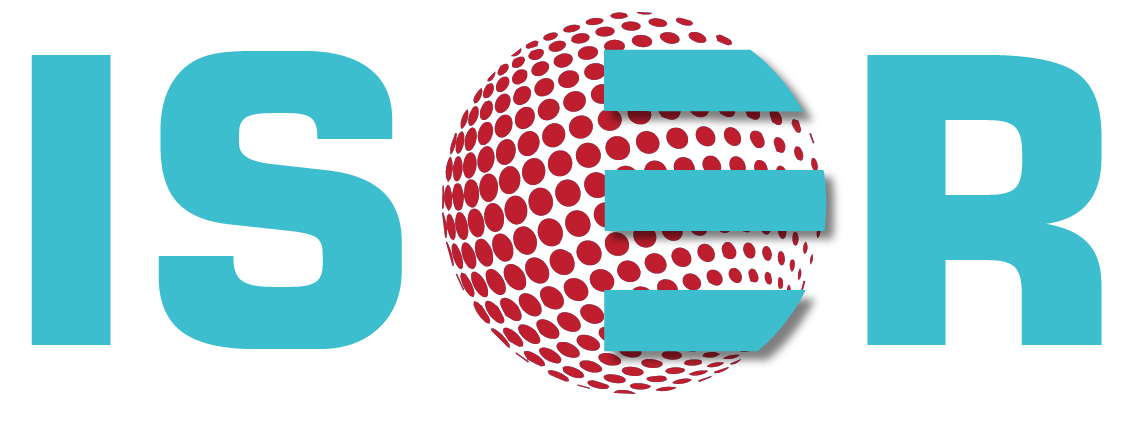Call For Paper
- Computational Methods in Applied Sciences and Engineering
- Biological systems
- Biomechanics
- Biomedical technology
- Computational methods in the life sciences
- Numerical algorithms for bio-fluid dynamics
- Damage, fracture and failure
- Computational modeling of fracture and failure of materials and structures
- Damage mechanics
- Dynamic failure and fracture
- Discretization methods, grid, mesh and solid generation
- CAD, CAM and CAE
- Grid generation for CFD and geometry definition for complex configurations
- Solution adaptive grid techniques
- Flow problems
- Fluid mechanics
- High-speed and chemically reacting flows
- Multi-phase flows
- Numerical algorithms for inviscid and viscous flows
- Numerical methods and convergence acceleration in CFD
- Unsteady flow computation
- High performance computing
- Interdisciplinary coupled and contact problems
- Aero-acoustics
- Computational contact mechanics
- Coupled problems in science and engineering
- Interdisciplinary computational methods
- Materials
- Adaptive materials systems, structures and smart materials
- Computational materials science
- Computational polymers and polymer composites
- Computer methods in materials technology
- Mechanical response of composites
- Smart structures and materials
- Multiscale problems
- Computational microtribology and micromechanics
- Computational multi physics, multi scales and multi big data
- Computational nanotechnology
- Multi-scale computational methods for solids and fluids
- Multiple-scale physics and computation
- Numerical simulation methods
- Adaptive modeling and simulation
- Atomistics simulations
- High-order methods
- Extended discretization methods
- High order nonlinear numerical methods
- Meshless and wavelet methods
- Numerical algorithms for particle methods (lattice- Boltzmann, direct simulation Monte Carlo)
- Numerical and symbolic computation
- Particle-based methods
- Optimization, inverse problems and control
- Computational inverse problems and optimization
- Evolutionary and deterministic methods for design, optimization and control
- Reduction methods
- Structural stability and dynamics
- Uncertainty quantification and error estimation
